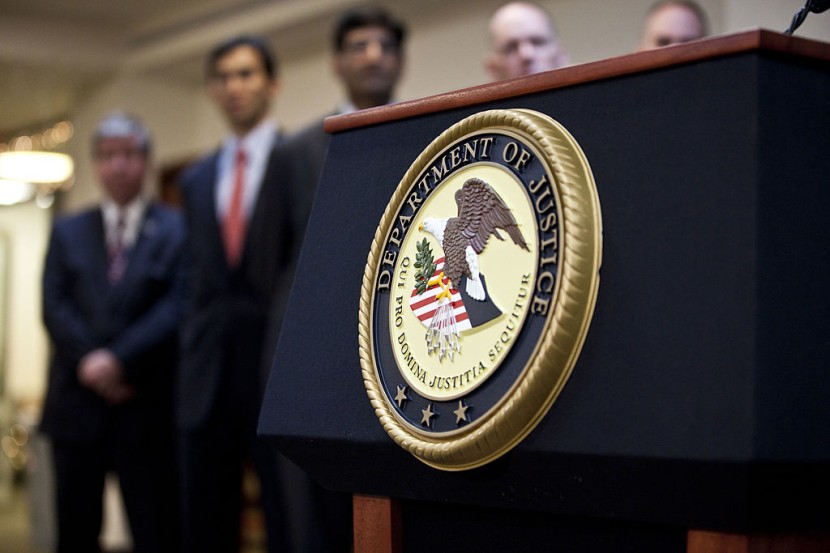
On Wednesday, the Biden administration published a Trump-era memorandum that provides the most extensive look yet at the Justice Department's legal rationale for declaring that President Donald Trump could not be prosecuted with obstruction of justice for his efforts to obstruct the Russia probe.
The March 2019 memo, provided to the attorney general at the time, William Bill Barr, found that none of Trump's actions, from dismissing his FBI director to persuading the White House counsel to retract his testimony to prosecutors, could be shown beyond a reasonable doubt to constitute criminal conduct.
Barr Memo Details DOJ Rationale For Not Prosecuting Trump
Under both the Trump and Biden administrations, the Justice Department unsuccessfully fought in court to prevent the release of the full text of the memo, which was the subject of a Freedom of Information Act lawsuit filed by the government watchdog group Citizens for Responsibility and Ethics in Washington.
The Justice Department has the option of appealing the case after losing in court on Friday. According to a top person in federal law enforcement, the department's senior leadership chose to disseminate the paper. The leadership never opposed airing its contents, but challenged its distribution on narrower legal grounds, as per New York Times.
The nine-page memo, produced for then-Attorney General William Barr by a pair of top Justice Department officials, gave a legal opinion on whether Trump had unlawfully hindered the investigation into potential links between Russia and his 2016 presidential campaign.
Barr concurred with the memo's conclusions and declared on March 24, 2019, that he had found that Trump's actions did not violate the law. Though the decision to exonerate Trump of obstruction has been well-documented, the newly revealed memo provides further insights about how two of the department's senior-most executives reached that determination.
Read Also : Trump's Letter to Biden: POTUS Stunned with SCOTUS' 'Gracious' Message After Leaving White House
US District Judge Allows To Release Memo
The department's decision was remarkable since special counsel Robert Mueller, who headed the Russia investigation, refrained to rule on whether Trump obstructed justice in his 448-page report but explicitly did not exonerate him.
Instead, it emphasized instances in which Trump interjected himself into the Russia probe, implying that there may be a case. However, the memo analysis examined ten occasions in which Trump reacted angrily or otherwise inserted himself into the Russia probe.
These include his firing of then-FBI Director James Comey in May 2017, his three-month earlier appeal to Comey to discontinue an investigation into his administration's national security advisor Michael Flynn, and his subsequent efforts to dismiss Mueller.
The two officials, Edward O'Callaghan and Steven Engel, asserted in their memo that none of those acts constituted criminal obstruction of justice, and that evidence suggested that Trump took the actions he did 'not for an illegal purpose,' but because he believed the investigation was politically motivated and impeding his ability to govern, as per Daily Mail.
The letter could be disseminated, according to US District Judge Amy Berman Jackson. The department had previously only made a severely redacted version public, and Jackson agreed to keep the remainder under seal while the government appealed. The appeals court concluded that the letter was more about a "public message" than it was about deciding on charges.
Barr used the memo from Engel, from the DOJ's Office of Legal Counsel, and O'Callaghan, the principal associate deputy attorney general, as justification for his decision not to pursue Trump at the time. Mueller's report revealed numerous potential areas of obstruction by Trump, but the special counsel stated that any charges should be decided by the DOJ rather than him.
The letter informed Barr that Mueller's findings did not show that Trump intended to hide evidence of criminal behavior and that there was insufficient evidence to prove beyond a reasonable doubt that he attempted to provide false evidence to investigators, Yahoo News reported.
Related Article : Finnish PM Sanna Marin Gains Support From Citizens Following Political Backlash for Private Party Leak
@YouTube
© 2025 HNGN, All rights reserved. Do not reproduce without permission.








